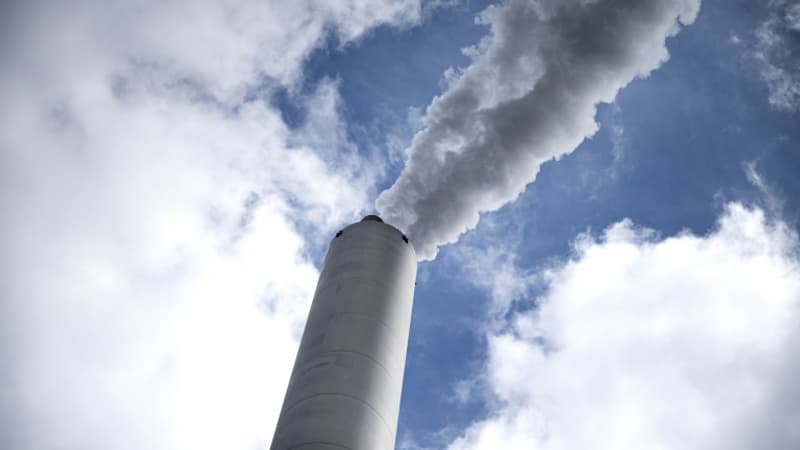One more step for the climate plan. The European Parliament has just approved this Tuesday, by a large majority, the agreement concluded at the end of last year with the negotiators of the Member States.
Within this ambitious plan that aims to accelerate the reduction of CO2 emissions in the European Union, a major reform of the European carbon market. This mechanism obliges the most energy-intensive industries (steel and cement industries, etc.) and electricity producers to buy emission quotas. These “polluting permits”, to cover their real CO2 emissions, are one of the main levers of the European Union to reduce the emissions of companies.
With this reform, the total amount of these rights created by Member States will decrease faster than expected. In fact, this amount should melt by 43% by 2030 compared to its initial 2005 level. Ultimately, it will be a 62% drop by the end of the decade. An acceleration that will encourage manufacturers to reduce their emissions even faster.
Extension of the carbon market to other sectors
Another development, this carbon market will also extend to the maritime sector, as well as airlines. From 2028, waste incineration sites will also be affected, subject to a favorable study by Brussels.
At the same time, the establishment of a second carbon market for natural persons is foreseen. Starting in 2027, households will have to pay a carbon price for fuel and heating. However, this price would be capped at 45 euros/tonne at least until 2030. And its entry into force could be postponed until 2028 if the increase in energy prices continues.
Border carbon tax
In addition, MEPs also approved the introduction of a border tax on carbon. This “carbon border adjustment mechanism”, which would be a world first, consists of applying the criteria of the European carbon market to manufacturers who import into the European Union.
Therefore, the most polluting companies will have to pay an “emission certificate” at the price of CO2 in the European Union. One exception: if there is a carbon market in the exporting country, then you will only pay the difference. This tax will target the sectors that are considered the most polluting, such as steel, aluminum, cement, fertilizers or electricity. Gradually implemented from 2026, it could bring more than €14 billion each year to the European Union. As this rise in power, Brussels will phase out the free emission allowances allocated to European industrialists so that they can face competition from outside Europe. These new rules still need to be approved by the Member States. The texts will be examined in the coming weeks.
Source: BFM TV


